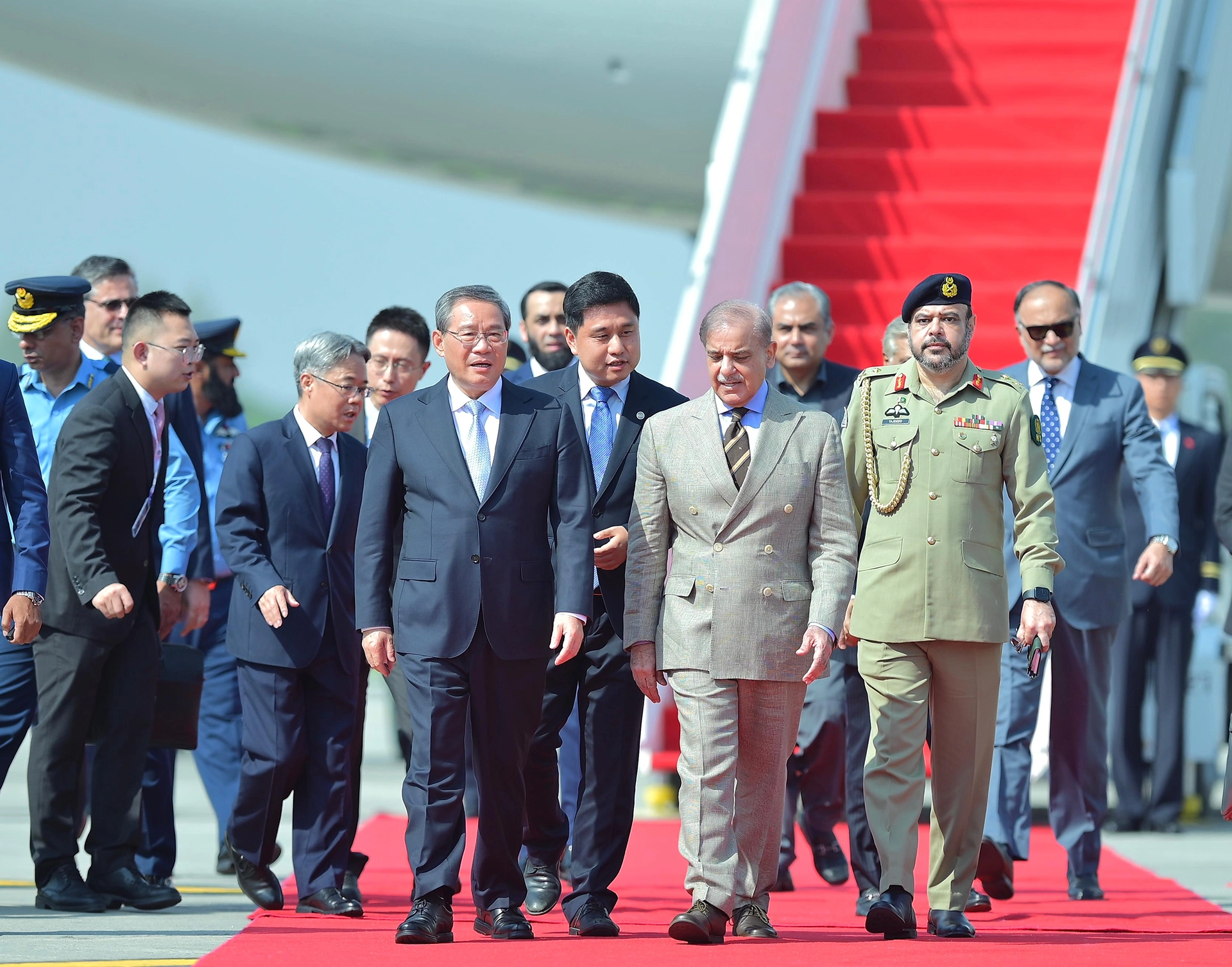Shanghai Cooperation Organization (SCO) 26th summit in Pakistan underscored the organization’s significant role in fostering multilateral cooperation in Eurasia. This year’s summit focused on tangible outcomes related to regional security, economic collaboration, and energy partnerships. It highlights the increasing need for member states to collaborate on addressing shared challenges amid a more complex geopolitical environment.
Renewed Commitments on Security Concerns
SCO member states reaffirmed their commitment to strengthening cooperation on counter terrorism, cross-border crime, and regional security. They specifically emphasized combating terrorism, separatism, and extremism through the Regional Anti-Terrorist Structure (RATS). This renewed focus is timely, given the region’s ongoing security concerns linked to Afghanistan’s instability and broader regional challenges.
The situation in Afghanistan, with its far-reaching regional implications, featured prominently in summit discussions. Member states agreed on the importance of a stable and inclusive government in Kabul to ensure regional security. Pakistan, given its geographical proximity and shared border, emphasized its vested interest in peace within Afghanistan. A consensus emerged on the need for continued engagement with Afghanistan, focusing on promoting long-term stability and preventing the spread of extremism into Central and South Asia.
Economic Integration and Connectivity
Economic integration remains a central goal for the SCO, and this year’s summit yielded significant commitments to enhancing regional connectivity and trade. Infrastructure development, particularly through the Belt and Road Initiative (BRI), was a key priority to stimulate economic growth. The China-Pakistan Economic Corridor (CPEC), a flagship BRI project, was spotlighted as a model for regional connectivity. Despite facing challenges, CPEC’s success showcases the potential benefits of large-scale infrastructure investment in fostering regional integration. The summit saw interest from other SCO member states in adopting similar models to enhance their own connectivity and trade opportunities.
Expanding Trade and Investment
Expansion of intra-regional trade and reliance on external markets, fostering intra-regional trade were recurring themes. The member states sought ways to insulate their economies from global volatility. Member states also discussed ways to streamline bureaucratic and logistical barriers to trade, emphasizing the need for actionable steps to facilitate smoother economic integration. The SCO’s ongoing work to improve trade agreements, customs procedures, and infrastructure was a focal point.
Energy Security and Cooperation
As oil and gas prices fluctuate and the world shifts towards renewable energy, SCO countries explored ways to enhance their energy cooperation, with Russia’s crucial role as a leading energy supplier. Discussions on expanding energy trade were seen as promising.
The summit also emphasized the region’s move towards renewable energy. With countries striving to lower their carbon footprints and meet climate goals, investment in renewable sources like solar, wind, and hydropower took center stage. Pakistan’s increasing focus on renewable energy was noted as a positive development. Given the dual challenges of growing energy demand and the impacts of climate change, energy collaboration is expected to play an increasingly critical role in the organization’s future.
Addressing Environmental Concerns
SCO members called for collective action to address climate change impacts, which are already affecting many countries. Pakistan, facing extreme weather events like floods and heatwaves, urged greater regional cooperation on climate adaptation and disaster risk reduction.
Reforestation, water management, and cross-border ecological conservation were key topics aimed at aligning regional economic development with environmental sustainability. Member states stressed the need for climate-resilient infrastructure and urgent action on water scarcity as climate change worsens.
The summit also highlighted the importance of sharing technology and expertise to improve environmental resilience. By pooling resources and knowledge, SCO member states can better prepare for future challenges posed by climate change.
A Step Forward for Regional Stability and Cooperation
The 26th summit reinforced the SCO’s growing role in tackling diverse regional issues. From security to economic development and environmental cooperation, the agreements demonstrated the members’ united commitment to solving shared challenges. With continued dialogue and collaboration, the SCO has the potential to remain a powerful force for regional cooperation and a stabilizing presence in Eurasia.
Mr. Qaiser Nawab, President BRISD and Expert and can be contact: qaisernawab098@gmail.com







